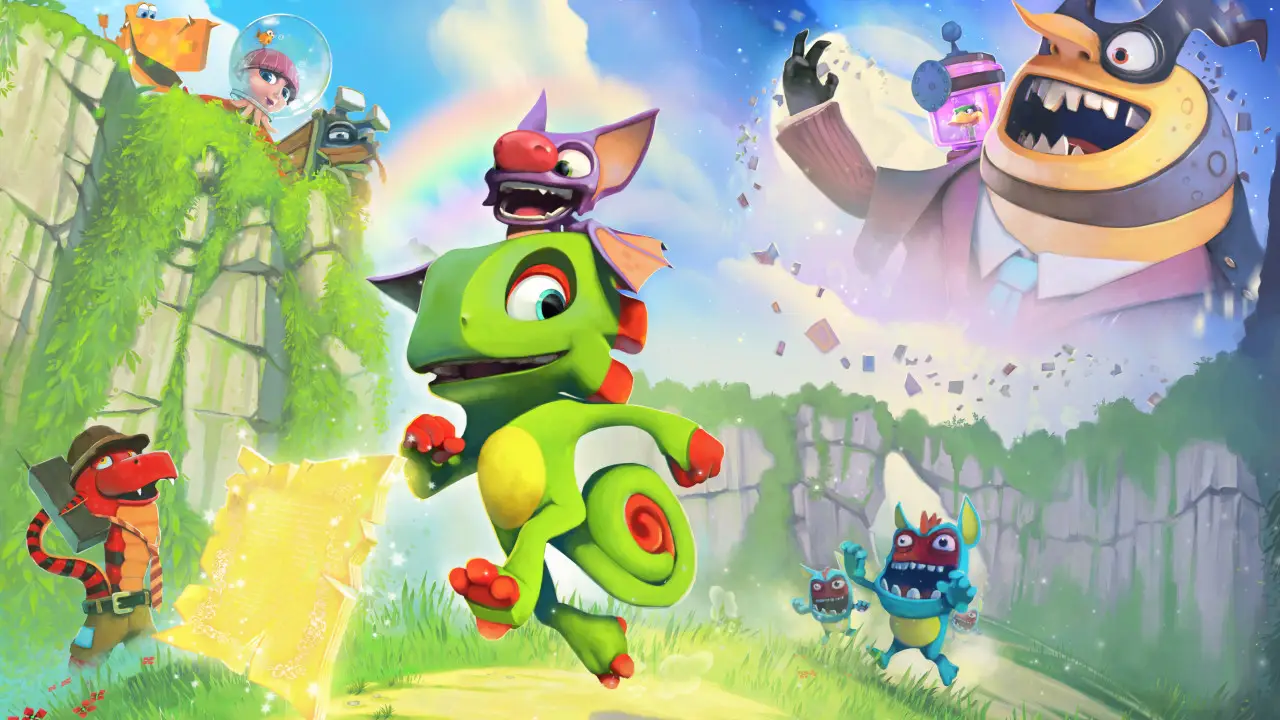The first-person, narrative-driven exploration genre has become one of gaming’s go-to mediums for effective storytelling, thanks to successes like 2013’s “Gone Home.” This trend continues in “Firewatch,” developed by Campo Santo. Through masterful art direction and a believable world where the player connects with real human emotion and reaction, “Firewatch” is one of the most emotional and thought-provoking games to hit the market in years.
“Firewatch” opens by presenting the main character, Henry, who is introduced in a miniature text adventure that quickly turns his world from laughter and love to sadness and frustration. Henry decides to spend the summer of 1989 as a fire lookout in a Wyoming national park, armed with a walkie-talkie (and little else) through which he communicates with his boss and fellow fire lookout, Delilah.
“Firewatch” is told in chapters that span the summer’s 90 days, starting with a pair of no-good teenage girls causing trouble for Henry. Things quickly change when the girls go missing and Henry and Delilah realize they may not be alone in these woods.
There’s not much to do in “Firewatch” aside from exploring the forest; those expecting a confrontation between Henry and vicious park goers or wildlife will be disappointed.
This exploration, though, is what gives “Firewatch” its immersive charm. Diving deeper and deeper into the forest and its mysteries propels the plot forward and introduces new areas that quickly become staples on the map that you’ll return to time and time again with a new perspective each time as events unfold. Getting lost in the woods is a common frustration with just the map in hand, but extra tools like the compass and climbing gear, the game’s only “power-ups,” help ease the pain.
The forest truly comes to life through amazing art direction. Beautifully sculpted environments and dynamic lighting help each location shine. Day and night create different moods with the colors they paint the environment, at times eliciting feelings of peace and tranquility while at other times representing isolation and fear.
Outstanding performances by “Firewatch’s” voice actors further immerse the player in the world, with real, emotional, and frequently humorous dialogue between Henry and Delilah. I spoke with Delilah on my walkie-talkie whenever I could, which added an extra bit of interactivity to an already gripping story.
I reached “Firewatch’s” ending after five or six hours. Opinions on the ending will differ, as a consistently thrilling story comes to an undeniably anticlimactic conclusion.
At first, I didn’t understand how the ending could make such few waves, but, over time, I’ve come to appreciate the ending for being grounded in reality and not giving in to what gamers and viewers of any story have come to expect from an ending, all while still delivering a poignant message that I’m still thinking about weeks after finishing the game.
“Firewatch” becomes less of a traditional game narrative and more of a view into human nature and real human emotion which made me appreciate it and think about it more than many other games I’ve played in recent years.




